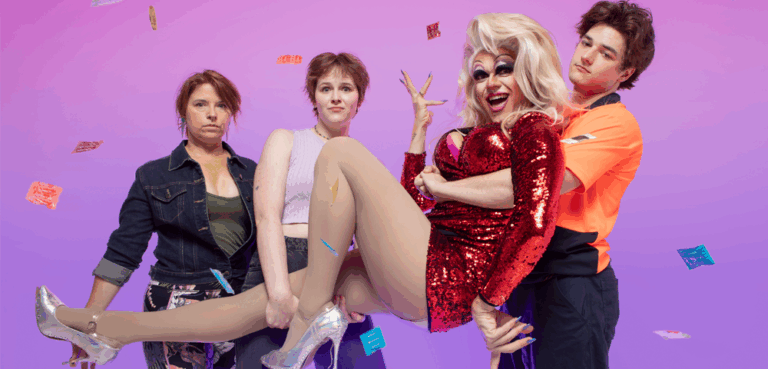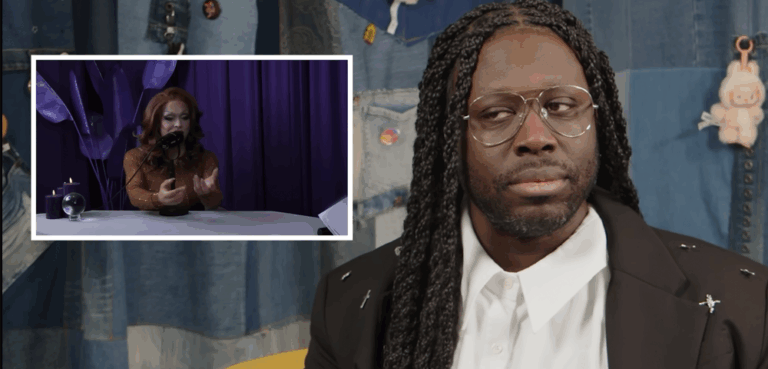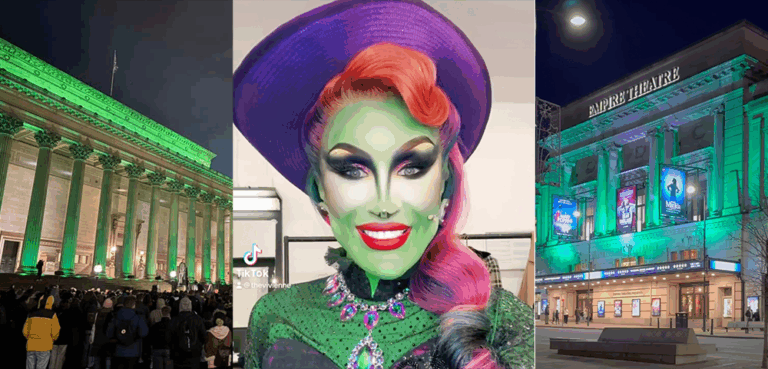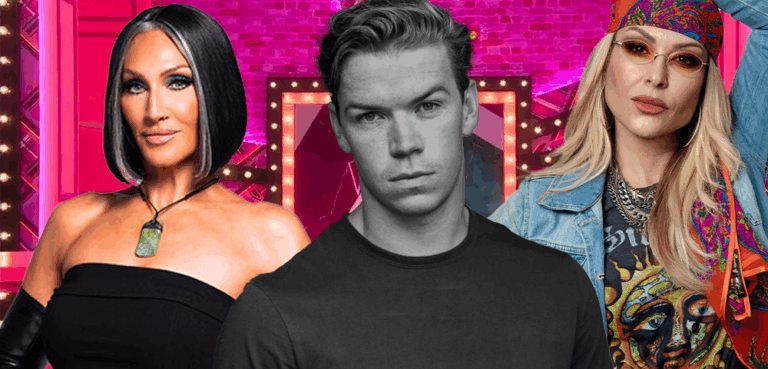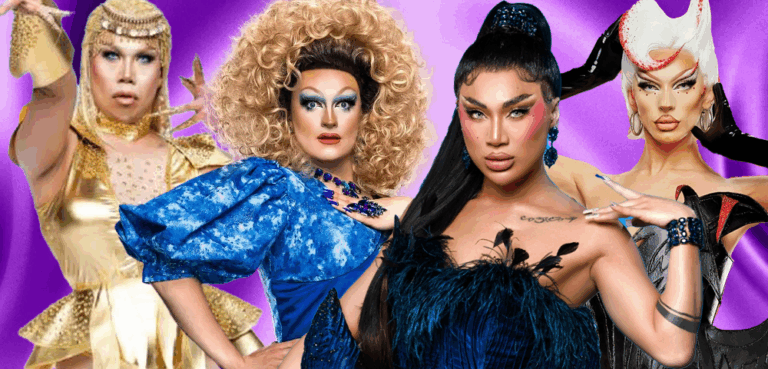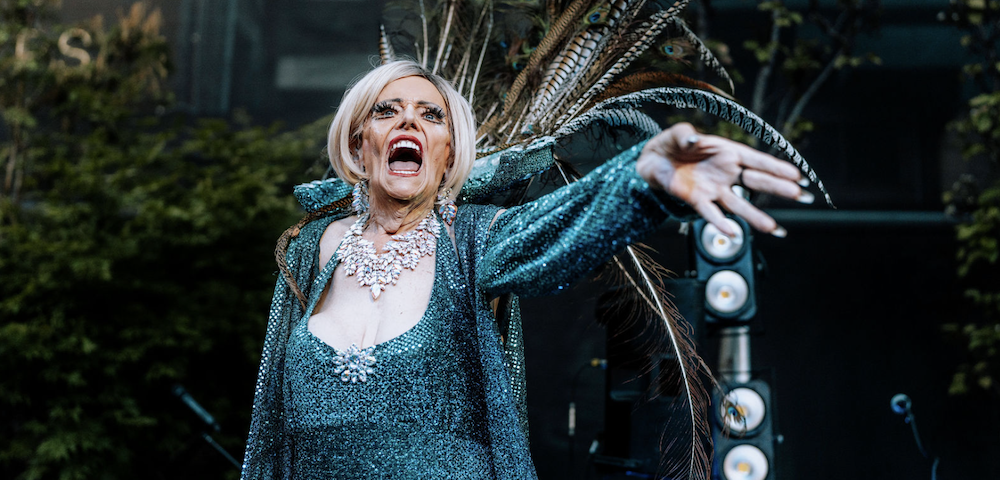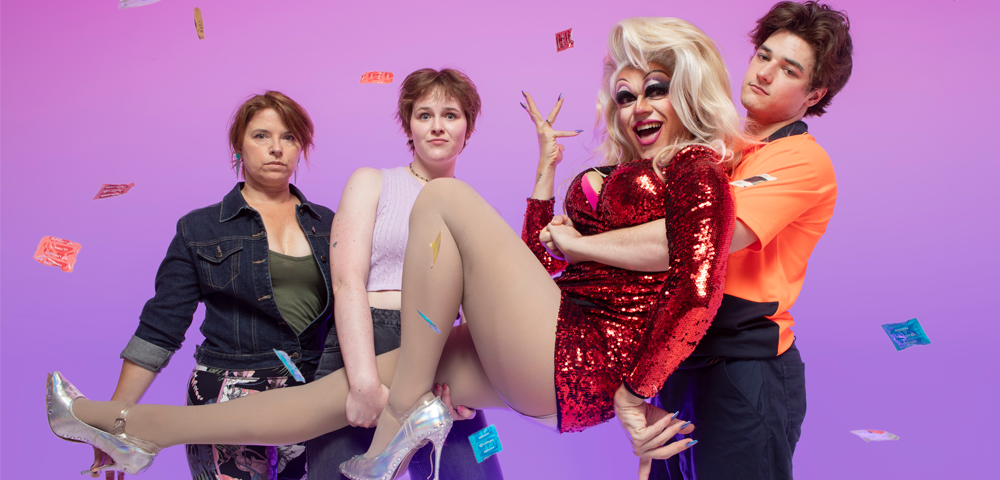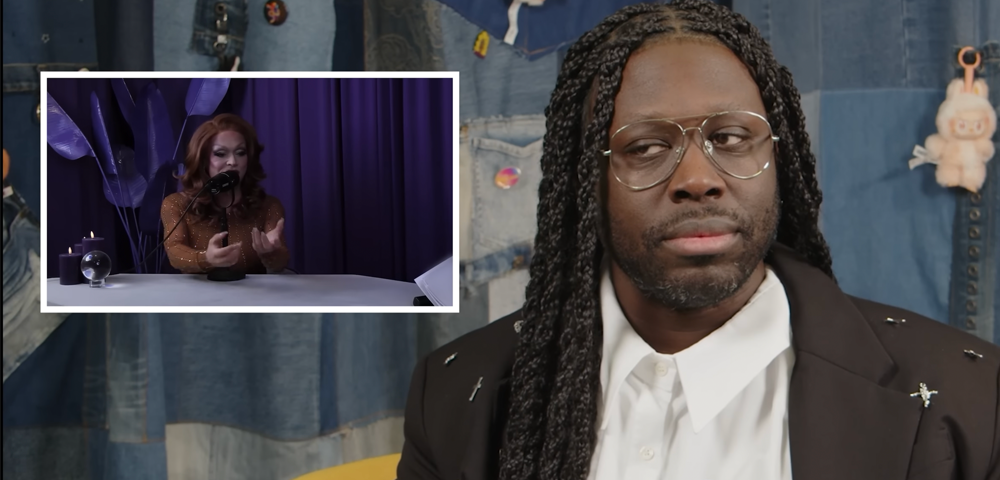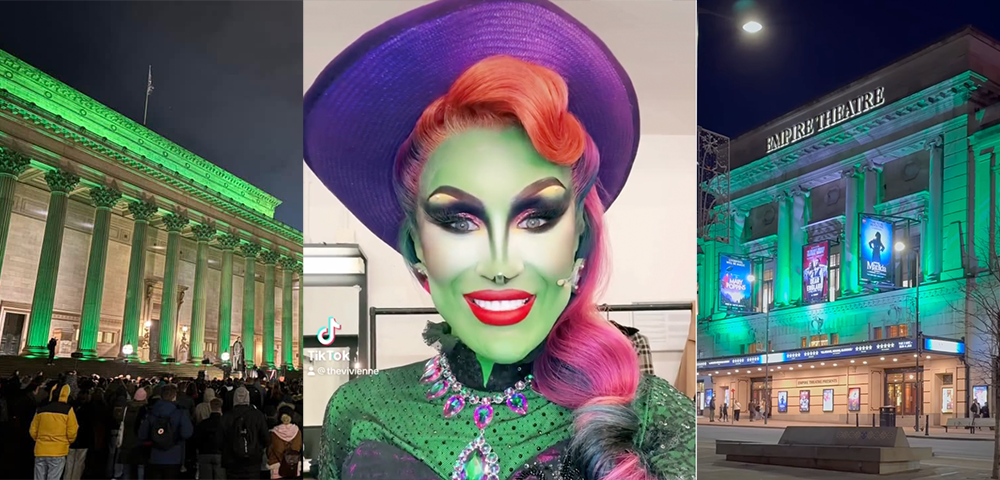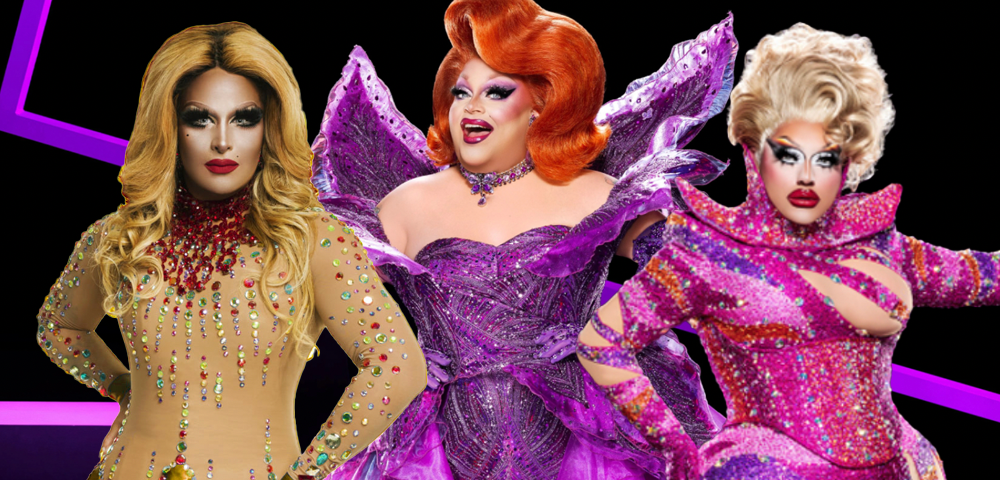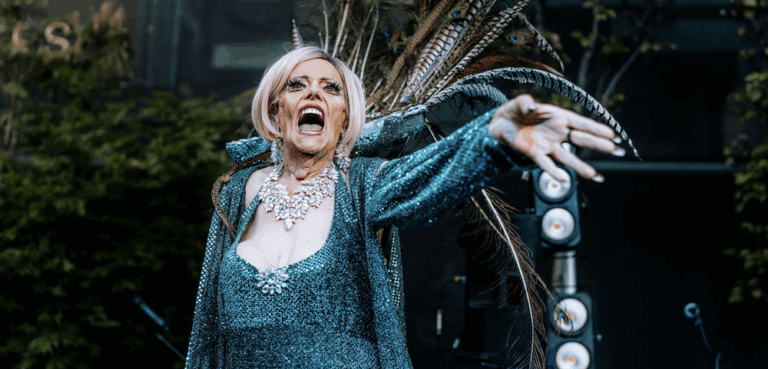
UNSW Bookshop hosts Drag King book launch this Friday
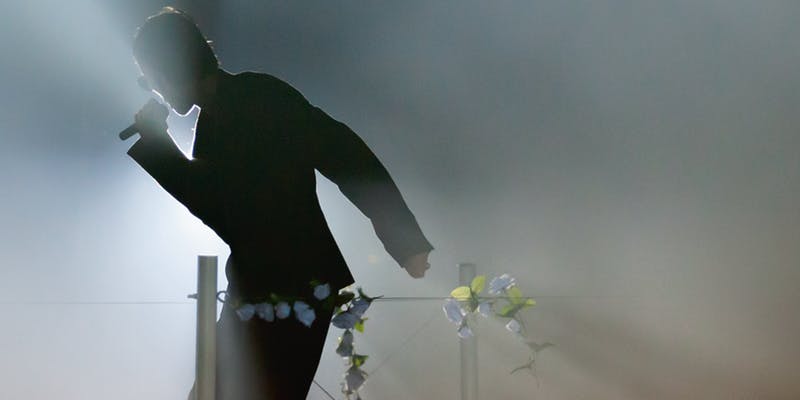
The UNSW Bookshop will be the venue for the launch of Dr Kerryn Drysdale’s new book, Intimate Investments in Drag King Cultures: The rise and fall of a lesbian social scene, on Friday from 6pm, which looks back Sydney’s drag king scene of the late 90s, 2000s and early 2010s.
Drysdale will be joined on the night by legendary drag king producers and performers DJ Sveta, Jayvante Swing and D-Vinyl to talk about the emergence of Sydney’s drag king scene, its eventual decline, and the future potential of drag.
Music on the night will be provided by Kate Doherty. The event is free but registration is essential.
Ahead of the launch, Drysdale told the Star Observer about the emergence of the drag king phenomena in Australia.
“Sydney’s drag king scene took place within a longer trajectory of mobile place-making for lesbian and queer women,” Drysdale said.
“By the mid-1990s, momentum was building behind the urge to create a local version of the types of drag king cultures taking place elsewhere in the world.”
“However, it was a series of competition nights, Drag King Sydney (better known as DSKY) between 1999 and 2000, that is widely credited as mobilising interest in the creation of a distinctive drag king culture.”
“Sydney’s local drag king scene then became more firmly associated with the social culture that quickly developed around Newtown’s Wednesday ‘Dyke Night’, when Sexy Galexy (who had also competed in the DKSY competitions), together with well-known DJ Sveta, established Kingki Kingdom in 2002 (renamed Queer Central in 2006). “
Drysdale attributed a number of factors to the demise of the Sydney drag king scene.
“The role of gentrification, coupled with the rising political ambivalence of claiming a non-heterosexual identity, have led to contemplation of a ‘post-gay’ era,” she said.
“The increasing economic instability of LGBTIQ social ventures has seen a number of formerly iconic bars, festivals, bookshops and other sites for lesbian and queer women close.”
“Sydney’s drag king scene emerged under the difficult conditions of commercial instability, where promoters and performers poured their hearts and souls into the running of events with little guarantee of economic sustainability.”
“As such, the ‘can-do’ attitude at the heart of the scene’s DIY ethos is very difficult to sustain. Time passes and things change, again.”
However a number of recent events have given Drysdale hope that the drag kings can return, albeit in a new way.
“Lately, Sydney has seen a resurgence of interest in drag king performances as part of a new cultural landscape, with pop-up events circulating across a number of sites,” she said.
“But, rather than begrudge the kings’ rise from the dead, this burgeoning development further indicates the importance of paying attention to the social networks that drag cultures are likewise enmeshed.”
“At the same time, there are crucial differences between this emerging drag king culture and those that led to the formation of the drag king scene I’ve described in the book.
The drag king performances over the past year have been mobile events, more akin to pop-ups or where drag kings feature sporadically, than a regular run seen at Queer Central over half a decade ago.”
“Amid continuing debates over whether ‘lesbian’ has salience within the more queered gender ideals of the twenty-first century, will the return of the king bring back the lesbian in Sydney?”
“It’s too early to tell, and in any case, the precise conditions that characterised Sydney’s drag king scene in its heyday can never be entirely replicated – it is the end of an era!”
To register to attend the August 30 event click here
You can also order the book online
